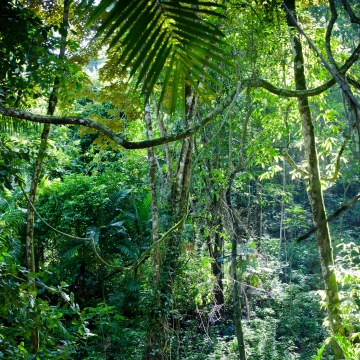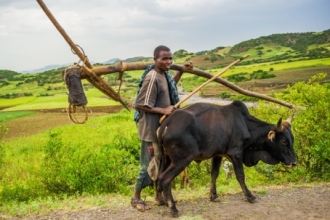Extant literature on Joint Forest Management (JFM) impact evaluation has concluded that it generally does not provide sufficient incentives to justify the costs that forest use restrictions impose on local people. However, there is a dearth of evidence concerning whether alternative JFM intervention with improved market linkages for non-timber forest products has similar implications. In this study, we evaluated the income and distributive effects of a JFM program in Ethiopia in which additional support was provided for improved market linkages for non-timber forest products (NTFPs).


